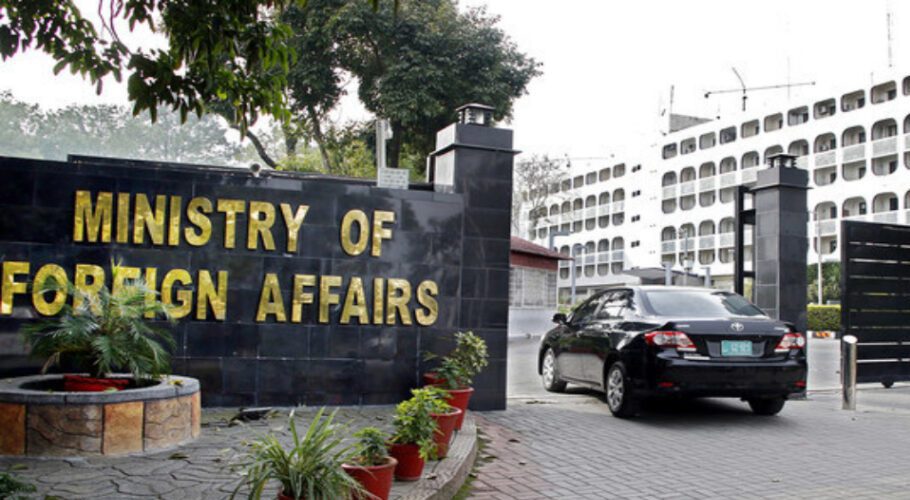For the first time in the history of Bangladesh, a celebration was held to commemorate the anniversary of Quaid-e-Azam Muhammad Ali Jinnah, the founder of Pakistan. The message resonated that without his vision and leadership, Pakistan would not have come into being, and consequently, neither would Bangladesh. This event highlighted various aspects of Jinnah’s life, particularly his struggles, and included a poignant recitation of a poem dedicated to him.
If we delve deeper into the spirit of this celebration, it underscores the crucial role Bengal played in the pre-independence era. It was Bengal that fortified the Muslim League and laid the foundation for the creation of Pakistan. As early as 1909, Bengali Muslim leaders demanded separate electoral for Muslims, leading to the creation of the Indian Council Act. These visionary leaders, in 1906, established the All-India Muslim League, lighting the torch that ignited the freedom movement.
The influence of Bengali Muslim leaders was evident in every significant political milestone. They were instrumental in forging the Lucknow Pact, and by joining forces with Quaid-e-Azam Muhammad Ali Jinnah, they helped establish a political platform for Muslims. When the Khilafat Movement began, the Bengali elite stood firmly in support of the Ottoman Caliphate, showcasing their deep insight into global politics and their unwavering commitment to the Muslim cause. Their contributions to the Caliphate’s cause remain unforgettable.
During the framing of Quaid-e-Azam’s 14 Points, once again, Bengali leaders played a vital role. When the Pakistan Resolution was passed in 1940, figures like AK Fazlul Haq and Khwaja Nazimuddin were at the forefront, pushing the resolution forward. The history of Bengal is rich with tales of struggle and perseverance, their efforts deeply entwined with the establishment of an Islamic state.
Following the formation of Bangladesh, this anniversary of Quaid-e-Azam holds particular significance, signaling a powerful message that Muslims are one nation, and the sacrifices of Bengali Muslims for the creation of Pakistan are timeless. The likes of AK Fazlul Haq, Khwaja Nazimuddin, and Maulana Abdul Hamid Khan have been immortalized in history, and failing to honor them would be an injustice to their legacy.
Now, after Bangladesh has paid tribute to Quaid-e-Azam, what should modern Pakistan—formerly West Pakistan—do? The essence of Jinnah’s vision that united both wings of the country before the creation of Bangladesh can still guide the future. History is full of examples where nations, once divided by conflict, later reconciled and walked together on the path to progress. Rwanda, East Timor, South Africa, and Bosnia-Herzegovina are living examples of nations that overcame divisions and focused on collective development. If Bangladesh and Pakistan can look beyond the past, a brighter future awaits both nations.
This shared admiration for Quaid-e-Azam offers an opportunity to bridge the gap between the two nations. Both, as Muslim-majority countries, have the potential to resolve historical conflicts and rediscover their common grounds. The spirit of unity ignited in Bangladesh during this commemoration is a positive step towards strengthening ties between the two nations. Pakistan, on its part, can extend diplomatic gestures such as offering visa-on-arrival facilities to Bangladesh, paving the way for greater cooperation.
Moreover, initiating direct flights between the two nations can bolster people-to-people ties. China, through its involvement in CPEC, could support this as a regional air corridor. Historically, Bengali leaders were the vanguard of Quaid-e-Azam’s freedom movement, and today both countries can explore opportunities for diplomatic and economic cooperation.
However, India may not take this rapprochement lightly, as it has historically benefited from keeping the two nations apart. With the end of Sheikh Hasina Wajid’s era, who once leaned towards India, there is room for a new chapter. Pakistan’s recent appointment of Amina Baloch as its Foreign Secretary also signals a potential where she can put her efforts in facilitating to boost the relations with Bangladesh.
Afghanistan remains another crucial neighbor, with whom Pakistan shares deep religious and cultural ties. In this volatile region, Pakistan cannot afford strained relationships, whether with Afghanistan or Iran. Strengthening ties with all neighbors is key, especially with countries like Iran and Afghanistan, with whom Pakistan shares Islamic and cultural bonds.
During Sheikh Hasina’s tenure, promoting Pakistan-Bangladesh relations could have led to severe repercussions. However, the situation has shifted, and feelings of love and brotherhood between the two nations are now blossoming. India’s influence, which has long sought to keep Pakistan and Bangladesh divided, is being challenged by a youth uprising in Bangladesh, which signals a desire to move beyond past mistakes.
China’s increasing investments in Bangladesh, particularly through the BRI project, provide an additional avenue for Pakistan to strengthen its emotional and diplomatic connection with Bangladesh as Pakistan is already an active member of BRI. Even without India’s permission to use its airspace, Pakistan can initiate direct flights to Bangladesh by using the concept of BRI and creating its air corridor.
There may be bitter memories between the two nations, but these can be easily forgotten. The spirit of unity, as seen in the celebration of Quaid-e-Azam’s anniversary in Bangladesh, is more than just a ceremonial event. It represents an ideology that has transcended generations, embodying the very essence of Muslim solidarity.
Pakistan must capitalize on this emerging fraternal spirit, not only to restore historical ties with Bangladesh but also to collaborate on the geopolitical stage. Together, these two nations can make significant strides towards a more prosperous and united future.




























